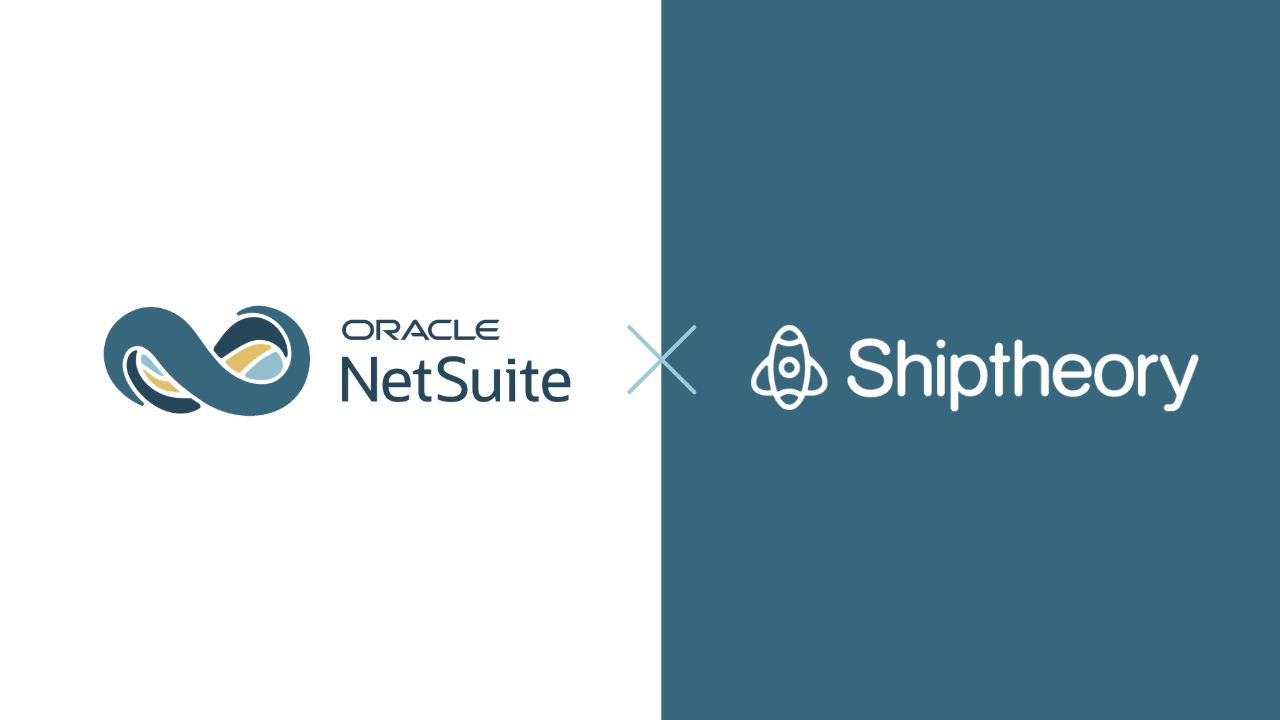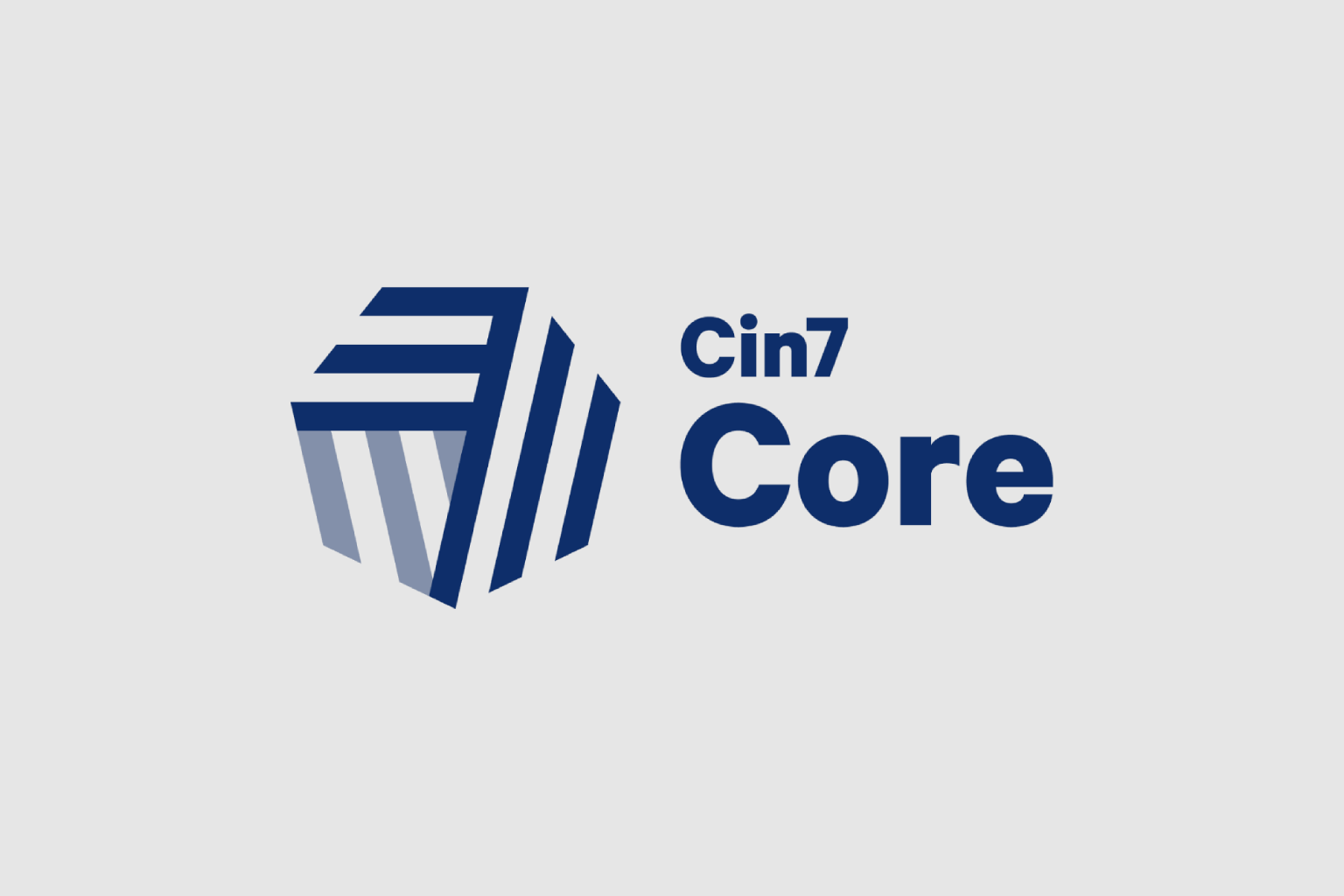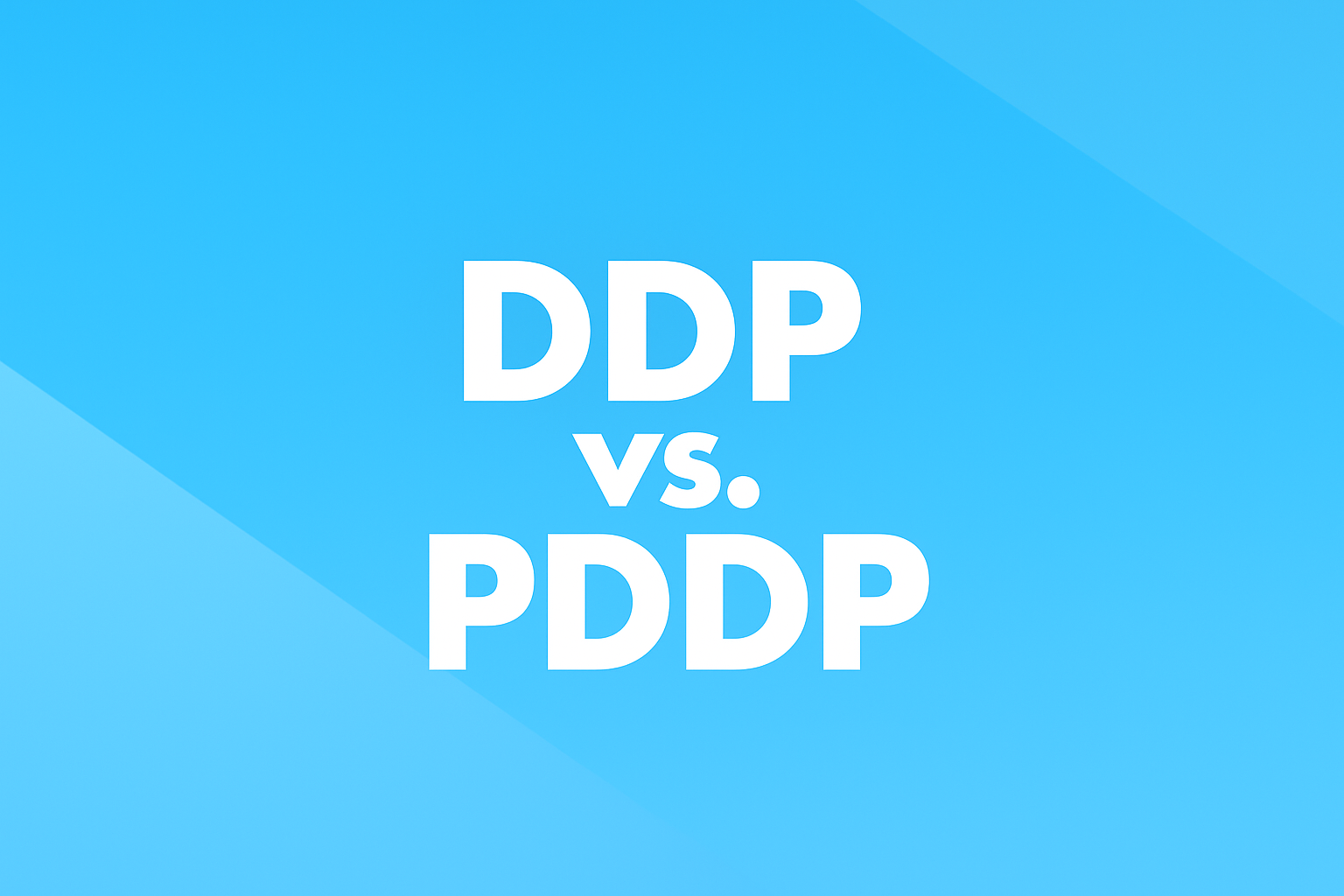- Shipping

Brexit Shipping Lingo
This article is the second instalment of our Get Brexit-Ready series. For more information on how to ship seamlessly post-Brexit see Part 1 & Part 3.
With only two weeks left until the end of the transition period, we provide you with a comprehensive list of all the key terms you need to know while preparing for Brexit.
CN22: This is a customs declaration form. It needs to be filled out and attached to items with a value up to £270 when they are sent to the EU at the end of the transition period.
CN23: This is a customs declaration form. It needs to be filled out and attached to items with a value over £270 when they are sent to the EU at the end of the transition period.
COMMERCIAL INVOICE: This is a customs declaration form. A commercial invoice is a document containing important information about the goods you intend to ship. Depending on the service and country you are shipping to, a commercial invoice will need to be filled out and attached to every item you send to the EU at the end of the transition period.
CUSTOMS DUTY: A fee placed on gifts or goods sent to the UK from outside the EU. The duty is payable if the items are above a certain value. At the end of the transition period, customs duties are expected to apply for goods coming into the UK from the EU.
DDP: Delivered duty paid indicates that the seller is paying for all customs clearance, duties, and taxes associated with shipping a product into another country.
DDU: Delivered duty unpaid indicates that the buyer is responsible for paying any customs clearance, duties, and taxes associated with the purchase.
EORI (ECONOMIC OPERATOR REGISTRATION AND IDENTIFICATION NUMBER): This is an ID code used to track and register customs information in the EU. Currently, all businesses importing or exporting goods from countries outside the EU need to register for one. Visit https://www.gov.uk/eori for more details.
EXCISE DUTY: A fee currently payable on alcohol or tobacco imported into the UK from outside the EU.
FEE TO PAY CARD: A card delivered with a customer’s mail informing them that an item cannot be delivered until a fee has been paid. The fee may relate to underpayment of postage or the contents may be liable to VAT or customs duties.
GIFT ALLOWANCE: Consumers can send gifts up to the value of £39, which will not be assessed for VAT on imports. Gifts cannot be sourced and sent directly from retail stores (actual or online).
HMRC: Her Majesty’s Revenue & Customs. The government body responsible for charging and applying any taxes or duties on goods imported into the UK. These charges may include import VAT, customs duty, and excise duty. The charges are applied by Border Force under the direction of HMRC.
HS (or TARIFF) CODES: Harmonisation Codes are an internationally standardised system of names and numbers developed by the World Customs Organization, and they are used to classify traded products. The codes are required on customs declaration forms CN22 and CN23 for goods sent to other countries. Each commodity group is identified by either a six (Rest of World) or 8 (EU) digit code. Over 200 countries use the system as a basis for their customs tariffs. Parcelforce have developed a Tariff Code lookup tool to help you to search for a Harmonisation (or ‘HS’) Tariff Code, based on an item description.
INCOTERMS: Incoterms or International Commercial Terms are a series of pre-defined commercial terms published by the International Chamber of Commerce (ICC). These relate to international commercial law. Visit https://iccwbo.org/resources-for-business/incoterms-rules/ for more information.
IMPORT VAT: A fee currently paid on gifts and goods sent to the UK from outside the EU. The rate applied depends on whether the items are gifts or commercial goods, what they are, and their value. Border Force applies the charges on behalf of HMRC. At the end of the transition period, the rules on import VAT for goods coming into the UK from the EU are expected to change.
NORTHERN IRELAND PROTOCOL: The agreement between the UK and the EU setting a framework for Ireland and Northern Ireland after the UK’s withdrawal from the EU. It forms part of the Withdrawal Agreement and takes into account the particular circumstances of the region.
POSTAL AUTHORITIES: The official organisations responsible for licensing and regulating postal providers in any given country.
UPU: The Universal Postal Union is an international organisation that helps co-operation between Universal Service Providers (USPs) in different countries. It sets rules for international mail and provides a common framework for all postal operators to operate within.
WCO: The World Customs Organization is an international organisation which develops and implements modern customs systems and procedures around the world.
WTO: The World Trade Organisation is a forum for governments to negotiate trade agreements and settle trade disputes. It operates a system of trade rules, which would apply automatically to UK trade with the EU post-Brexit in the case of a no-deal.
If you have questions regarding how Brexit might affect your current shipping process, please do not hesitate to reach out to the Shiptheory support team.
Our shipping specialists are more than happy to provide the assistance you need to get Brexit-ready.






